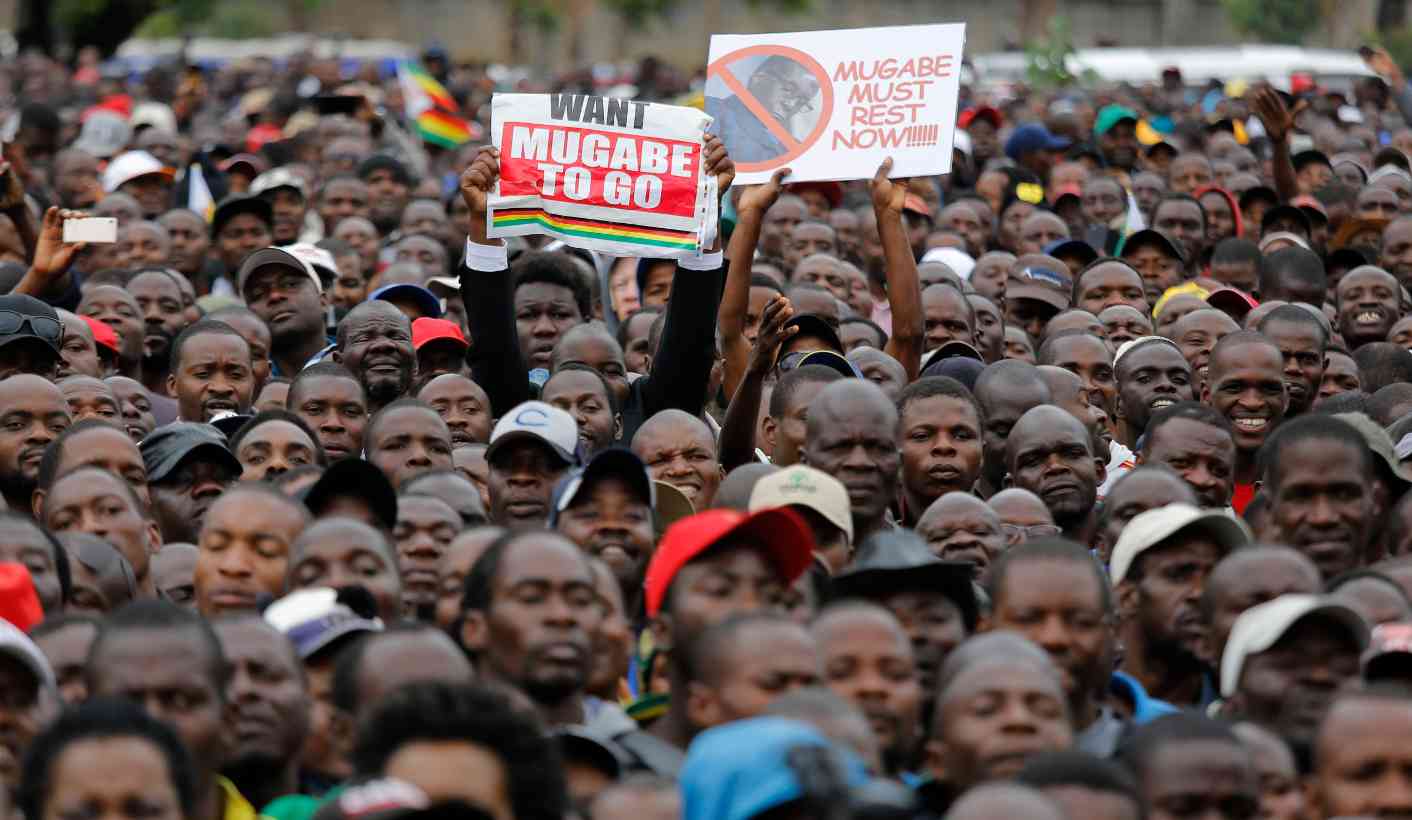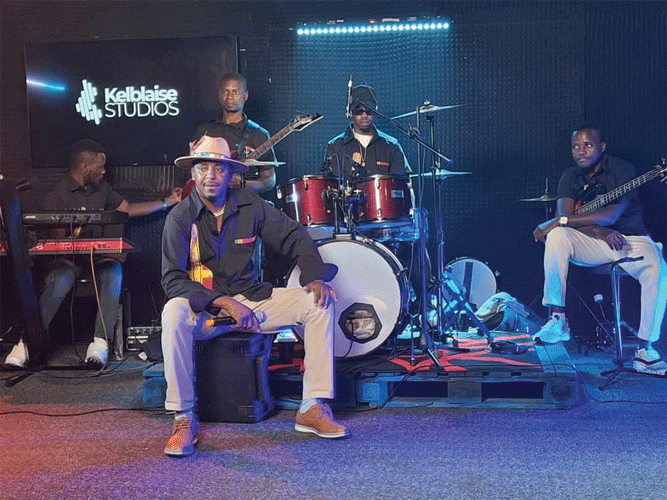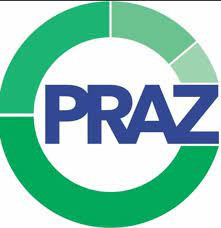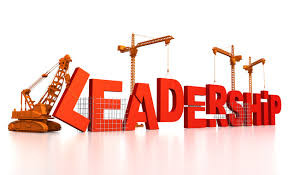
AFTER the November 2017 military coup d’état which ousted long-time dictator Robert Gabriel Mugabe, and ushered in his protégé Emmerson Dambudzo Mnangagwa as new President — the plight of oppressed and decades-long suffering Zimbabweans, seemingly overnight, went under the radar, and has gone largely ignored by the international community.
I have tried to understand why, but the reasons have been elusive.
Nevertheless, one of the most plausible answers could be the intense loathing of Mugabe by global leaders, mostly from the Western hemisphere due to his disastrous land reform programme, which was notorious for its violent nature, resulting in the savage killing of a number of white farmers — after their properties were invaded, thereafter being unceremoniously evicted.
This placed the then Zimbabwe leader in the Western countries’ cross-hairs — becoming the world’s most wanted, or more precisely, reviled — thereby turning Mugabe into a “rogue leader” who was literally labelled a global “terrorist”.
In so doing, his name was always on the mouths of various world powers just like they were on his — consequently, being swamped by the global media wherever he went.
This resulted in Zimbabweans enduring a miserable existence at the hands of Mugabe’s brutal regime, a plight that took centre stage at major world events, and making headlines in mostly Western media.
Stories of our unimaginable and unbearable poverty and impoverishment, as well as the horrendous atrocities perpetrated against the opposition were repeatedly told on a daily basis.
Nearly everyone across the world heard of Mugabe and Zimbabwe — with many sympathetic with our situation — as they heard of the hundreds massacred when Mugabe lost the 2008 presidential elections to then MDC leader Morgan Richard Tsvangirai.
- Gweje relishes fashion achievements
- Russia-Ukraine war to cause Zimbabwe bread shortage
- Russia-Ukraine war and the Zimbabwe daily bread
- Russia-Ukraine war to cause Zimbabwe bread shortage
Keep Reading
They knew of how our currency had become worthless — characterised by hyperinflation that reportedly reached 79,6 billion percent month-to-month, and 89,7 sextillion percent year-on-year in mid-November 2008 — just before the Government of National Unity (GNU) between Mugabe’s Zanu PF and Tsvangirai’s MDC, after the horrific reign of terror.
It cannot be denied that this GNU could have never seen the light of day had our issues not regularly been in the global spotlight — translating into unrelenting pressure on those in power.
Had world powers not talked about Mugabe and Zimbabwe at every turn, we would have been left to perish at the blood-soaked hands of his power-hungry sadistic regime.
However, since the toppling of Mugabe, and the ascendancy of Mnangagwa, suddenly we are no longer as topical as before.
Not that our situation has improved — no, not at all.
In fact, according to most observers and analysts — in spite of an eight-year-long respite between 2009 and 2017 — life for the ordinary Zimbabwean has actually worsened under Mnangagwa, with unbelievably heightened human rights abuses, with living standards plummeting to shocking levels.
So, why has the international community apparently become uninterested in our continued suffering?
Why is the incessant violent repression, weaponisation of the law, and general persecution of the opposition going unchallenged and unnoticed on the global stage?
How come nearly half the population can live in extreme poverty, and two thirds of the workforce earn far below the poverty datum line, while most families are food insecure — and still that appears to be of no significance to the world?
Why does it not matter that we have the highest food inflation in the world of an alarming annual 321%, with the exchange rate now hovering around $1 000 for US$1?
As mentioned before, I really do not have a ready answer.
It could be that the person the world powers hated with a passion, Mugabe — who spearheaded the chaotic and murderous land reform programme was no longer a factor, since not only was he ousted in 2017, but eventually died two years later.
Possibly, the ordinary Zimbabweans were never the real issue at the core of this global outrage — but it was all about Mugabe, and what he had done to white farmers.
Now that he is gone, we are of no consequence — and, never have been.
There is another reason which hit me as I watched footage of Mnangagwa at the ongoing Africa Food and Nutrition Summit in Senegal.
It is undeniable that the man lacks the charisma and clout that characterised Mugabe — as such, he (Mnangagwa) does not attract any global media attention on his international travels.
Whenever Mnangagwa is on his world tours, there is a glaring and deafening lack of interest at his presence such that he always appears a lonely figure.
No members of the global Press jostle for interviews with him save, maybe for the local State-controlled media, that is always in tow, and ready to tout everything he does as “game changing”.
In other words, as far as the international community is concerned, Mnagagwa is a nonentity — not worthy of any meaningful coverage.
Which explains why, according to some friends based in the diaspora, not many people overseas have ever heard his name, let alone are aware of his existence.
That, inadvertently, becomes a huge disadvantage for the ever-suffering people of Zimbabwe — who, as a result, also disappear and cease to exist in the eyes of the world.
This seeming “insignificance” of Mnangagwa has turned out to be a blessing in disguise for him — and a curse for the rest of Zimbabweans as his brutal, ruthless reign goes unnoticed by the world.
He is literally being allowed to get away with murder!
However, we cannot suffer in silence as the world goes on as if everything is fine for the people of Zimbabwe.
It is understandable that there are other supposedly “more pressing” matters to attend to — such as Russian aggression on its neighbour Ukraine, and post-COVID-19 recovery — but can world powers surely not spare a few minutes of their time to heed our cries for help?
Admittedly, their ‘“public enemy number one”, Mugabe, is gone — nonetheless, if their noises in the early 2000s were authentically and sincerely for us — what has changed today, under Mnangagwa?
Are we still not being subjected to some of the most heinous and terrible abuses on the face of the planet?
Who is to stand for the millions abandoned to wallow in abject poverty — unable to feed their families, place a roof over their heads, send their children to school, or access meaningful health care — all because our vast national resources are being plundered and pillaged for the enrichment of a small political elite?
Who is to speak for those being thrown into jail on flimsy and spurious charges — with the brazen selective application of the law, callously tilted against the opposition — yet, the ruling party can pretty much do whatever they please?
This continued silence by the global community brings shame to those who have, all along, claimed to be crusaders for human rights and justice.
In fact, it lends credence to the Zimbabwe ruling establishment’s repeated assertions that the targeted sanctions imposed on Mugabe and his cronies had absolutely nothing to do with the stated accusations of human rights abuses, corruption and electoral fraud — but, everything to do with the land reform programme, which predominantly affected white former commercial farmers.
What about the rest of us — who cares about us, and who is going to stand for us against a cruel, sadistic and heartless regime?
Are we to be left to perish as the world merely watches, or rather, not even noticing us?
Surely, Zimbabweans are just as important as everyone else
- Tendai Ruben Mbofana is a social justice advocate, writer, researcher and social commentator. Please feel free to WhatsApp or Call: +263715667700/+263782283975, or email: mbofana.tendairuben73@gmail.com











